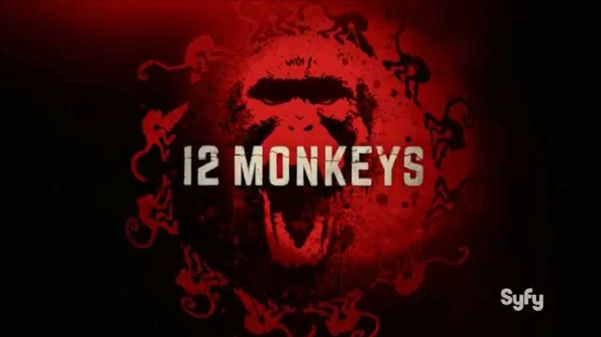There are several things that I believe in, most recently the fact that if a hotel says nope, there’s no room at the inn, you should check their website and suggest that maybe they look again.
This is on my mind because I’ve just had the best night’s sleep of my adult life in a hotel that had taken one look at my exhausted face and had initially decided it would be fun to suggest I get back on the motorway and drive for another hour.
But that’s not what’s on my mind to talk to you about. Nor is this: I believe that it is always better to be crew than passenger.
The belief I actually want to natter with you about and which I’m delaying discussing at all, is that the show comes first.
Doesn’t matter what show.
Doesn’t matter what it needs or what I need or what I want. If I’m working on a thing, then I’m working on it and the job is to do whatever it takes. This is why I’ve never watched a clock when working: I suppose I’ve often enough been hired for certain hours but in my head it’s not 9 to 5 or whatever, it’s When I’m Needed until When I’m Not O’Clock.
This is so deep into me that this week the belief overrode all common sense.
I’ve been running a writing workshop series for Writing West Midlands and the Birmingham and Midland Institute. It concluded this week and for the last session, I wanted two things. One was a guest speaker to talking about what one needs when preparing writing for publication and one was to somehow cover editing and rewriting.
The guest was Katharine D’Souza who is also an editor and in an unrelated crime has been editing my collection of short stories.
So last Monday, I was planning this session and actually having a lot of trouble getting it right, getting it to be good. Katharine chooses that moment to let me know that she doesn’t like my stories. “It’s not all awful,” she didn’t say but nearly did. “They are typed very well.”
And my first thought is not a typical writer’s feeling of rejection, which takes many flavours but always adds up to ow.
Instead, my first thought is ooooh.
My first thought is that maybe we could discuss this in the session. She’s going to be there anyway, I’m going to be there anyway.
“Are you sure you want your writing ripped into bloody pieces in front of people?” she also didn’t say but I’m certain was thinking it. (Actually, I’m sure she did mention blood.)
“N – ye – no – yes – no – yessss,” I said, with total and instant certainty.
I say that to you as a joke but I did hesitate, just not over whether I was happy doing this in front of an audience. The hesitation, the thing that I think drove Katharine toward madness in that phone call, was that I vacillated over this point: whether it would be interesting for the workshop or not.
I also worried about how much time it would take: I needed something quite substantial, the session needed a really chunky, quite long piece. “Not a problem,” she didn’t actually laugh. “It’s ten stories, I could fill a month.”
So on the night, we took the starts of two of my precious new stories, the best things I’ve ever written, and examined why they are not the best things that anyone has written.
It was the right thing for the workshop, it was interesting and it got everyone examining text, looking at when to rewrite, when to give up writing and go home to a different career, William, and it so perfectly fitted in with the next part about publishing that I’m actually proud of that session.
Only, since this is just you and me here, I’d like to confess something.
It is true that my first thought was the show.
But my second was that it sounded like I was going to be destroyed here and if it were going to happen, doing it in a workshop was the safest thing. You know what it’s like when you’re presenting something, you’re in Performance Mode and I figured that no matter how excoriating the criticism I’d get was, I’d be playing the host and my concentration on the audience would mean the knives wouldn’t penetrate as deep.
Also, I’m less keen to admit this bit but it’s true and you’re looking at me like that, so here it is: I did think I’d look pretty good being willing to do this. I’d look like a mensch.
That bit didn’t work out.
But then nor did the criticism. Instead of this one editor, Katharine, telling me that I shouldn’t rule out moving to accountancy, I had something like 16 people telling me yeah, you should listen to her.
Or, to put it a slightly different way, I had a total of 17 talented writers improving the short stories that I care most about.
Bastards.

